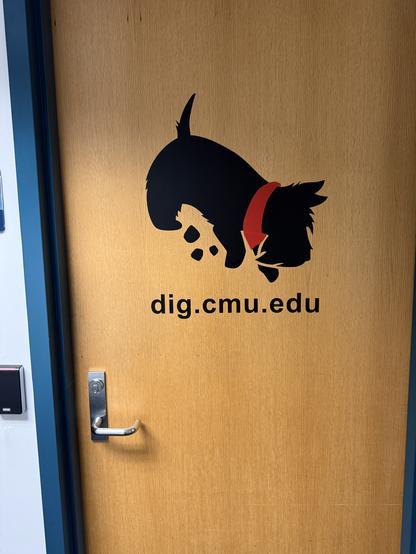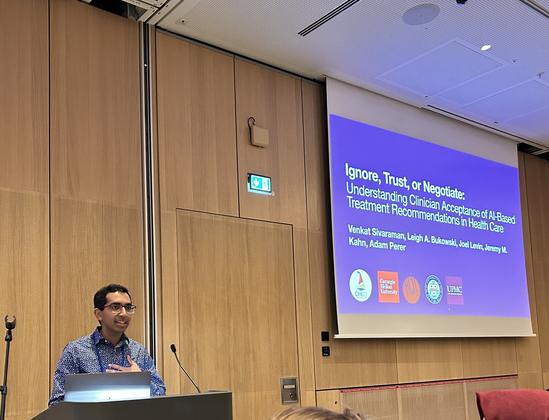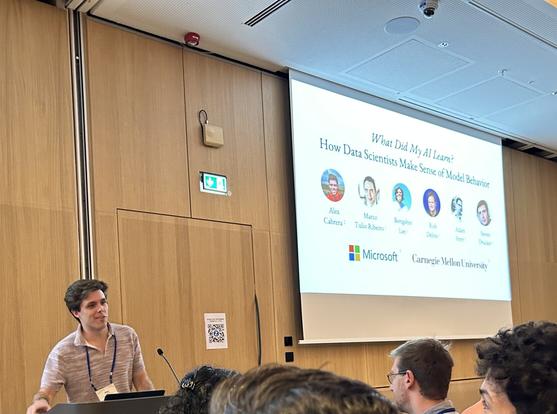I’m at @chi 🌸 next week so come and say hi 👋.
My group, the @cmudig, has a few presentation you don’t want to miss https://dig.cmu.edu/2025/03/21/chi2025.html.
We will also have awesome folks from Apple 🍎 in Yokohama. Check out https://machinelearning.apple.com/updates/apple-at-chi-2025.


